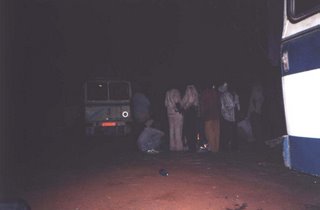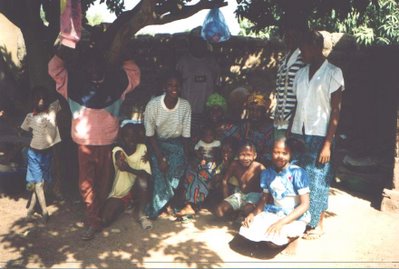I loved Ivory Coast. We weren’t there for long, but from what I saw and ate, and the people that I met, and most of what I experienced, I just loved it. Which is why it makes me so sad to think of the political turmoil that has been going on there since then, and the hardships that the people and the country have endured. It also makes me sad to think that their beautiful infrastructure and all the hard work that brought them to where they were when I was there is now probably significantly deteriorated. These backward steps are especially heart wrenching in a continent where every success is fought for so hard.
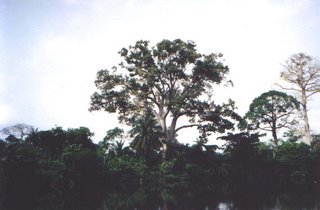
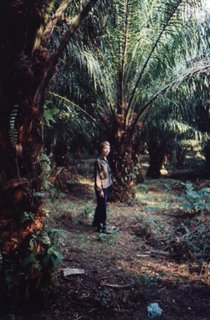
When we arrived in Man everything was lush and wonderful. This was so appreciated after dry and dust covered Mali. The food was tropical, which meant tons of fresh fruit and veggies! The breeze felt great. People were very friendly and open. And food and accommodation was much cheaper and nicer than Mali. We spent Christmas in this lovely mountain town, where Christian Christmas carols mixed with Muslim chanting. It was warm and perfect.
From Man we travelled to Sassandra, which is located on the ocean. Throughout Ivory Coast we ate street food from food sellers, and it was wonderful! We also ate at a number of really great restaurants. There was one young man named Bobsea in Sassandra who really inspired me. He built himself a tiny restaurant named l’Embouchure out of bamboo, and was a fabulous cook. He was from Nigeria, and he believed in Rastafari and wrote reggae songs in English. His spirit was so strong, and he had big dreams of getting electricity and a phone. I wonder where he is today.
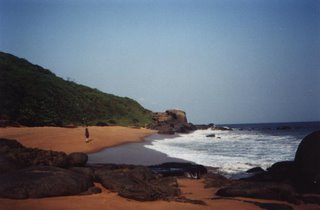
The beaches here were unbelievably gorgeous. The non-stop crashing waves prompt solitary moments, and heighten the senses while mesmerizing them. They pull feelings of sadness and aloneness, and happiness and peace all at the same time.

